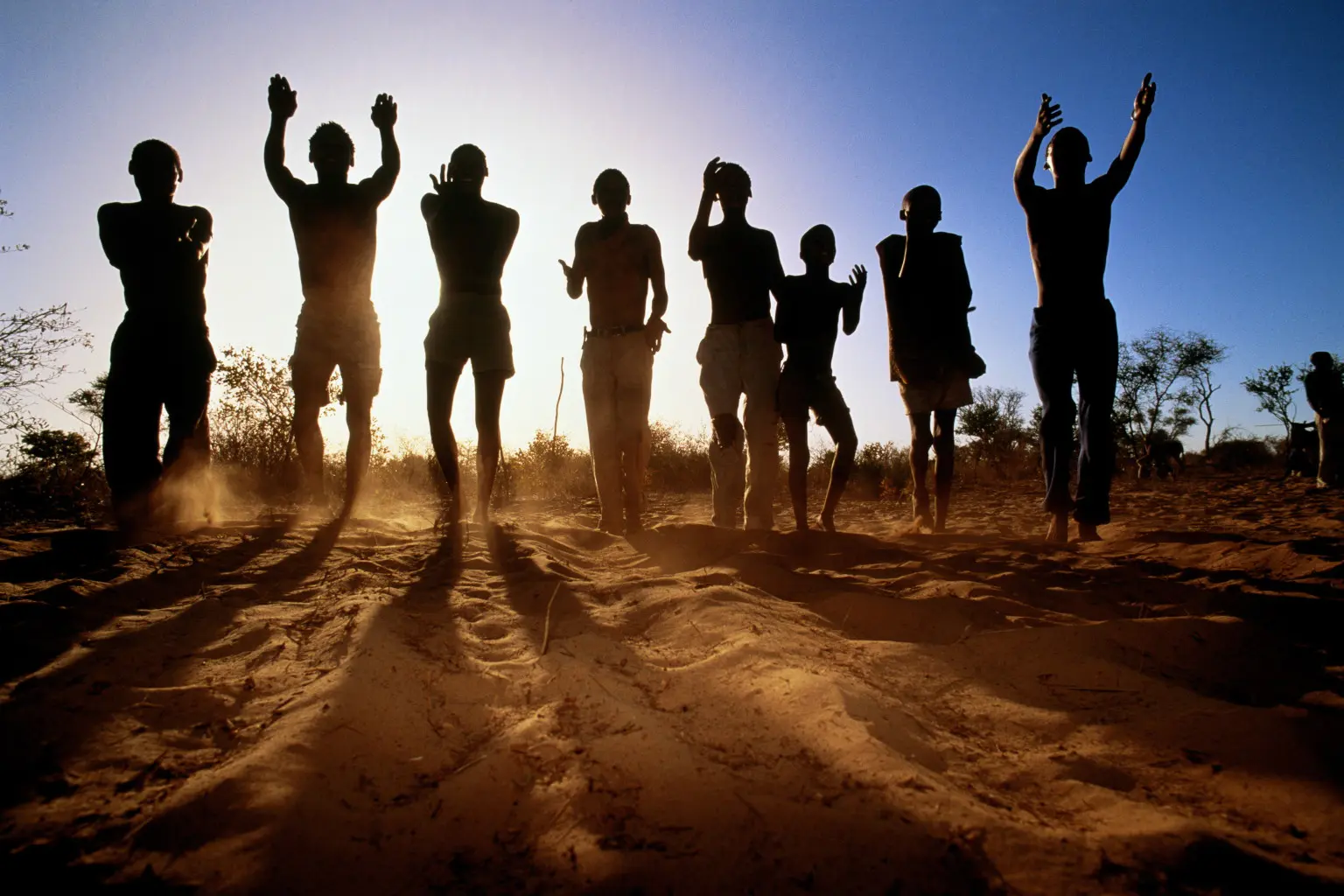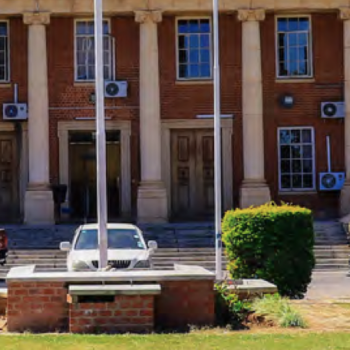
Today SALC commemorates Africa Day. Africa Day was initiated as a celebration to mark the founding of the Organisation of African Unity (OAU) in 1963. While the OAU’s initial focus at the time was on the decolonization of Africa, with the goal of political decolonisation having been achieved, the organisation has evolved in some ways into what is now known as the African Union and the day is now celebrated as a day to reflect on the progress we have made and reflect on the challenges that still lie ahead of us.
There is much to celebrate. Over the past few decades, the African Union has adopted frameworks to achieve an inclusive, democratic and prosperous continent and have initiated various campaigns which seek to promote and protect the rights enshrined in the African Charter on Human and People’s Rights. For example, last year the African Union adopted Agenda 2063 a strategic framework for the socio-economic transformation of the continent over the next 50 years. Aspiration 3 of that framework speaks of an Africa of good governance, democracy, and respect for human rights, justice and the rule of law. This year, there is a sense of hope and optimism as the African Union has dubbed 2016, “the African Year of Human Rights, with Particular Focus on the Rights of Women”.
The challenge is that the African Union and the African Commission on Human and People’s Rights, the African Union body tasked with promoting and protecting human rights on the continent, are transnational bodies, and require the engagement and cooperation of individual states in order to fully achieve their aims. In recent years, however, there have been encouraging examples which demonstrate the interrelationship between states, the African bodies and their campaigns.
Child Marriages
In 2014, the African Union launched a campaign to end child marriages in Africa in recognition of the human rights violations association with child marriage. The campaign aims to assist states in developing strategies to address child marriage within their own countries, and to raise awareness of the devastating effects it has on children and communities. In January 2016, the Zimbabwean Constitutional Court issued a landmark judgment which declared marriage under the age of 18 illegal. The case, although brought by two Zimbabwean women, was supported by various groups, and although the direct effects will be felt only by Zimbabweans, the judgment provides impetus to the campaign to end child marriages across the continent.
Freedom of Expression
The African Commission issued a resolution on repealing criminal defamation laws in Africa in 2010. This was followed by a campaign initiated by the Special Rapporteur on Freedom of Expression and Access to Information to push for the decriminalisation of expression in Africa.
In 2014, the African Court on Human and People’s Rights found in favour of a journalist from Burkina Faso who had been convicted of criminal defamation and sentenced to one year in prison and a fine of the equivalent of US$3 000. The Court held that custodial sentences for criminal defamation were an unjustifiable limitation of the right to freedom of expression protected by the African Charter on Human and People’s Rights, and that the fine imposed was excessive. The Court ordered that Burkina Faso amend its laws to bring them in line with the principles of the African Charter. The same year, the Zimbabwean Constitutional Court ruled that criminal defamation was unconstitutional. Although this was determined under the previous Constitution, a judgment in 2016 confirmed that criminal defamation is no longer a criminal offence in Zimbabwe. In 2016, the South African ruling party, the African National Congress (the ANC), introduced a bill in Parliament to repeal the common law offence of criminal defamation. The explanatory note to the Bill made reference to the African Commission’s resolution and the risk that criminal defamation posed to freedom of expression and of the media.
These examples show the development of norms and standards through the regional and domestic judicial systems, and the national legislature, and demonstrate the various strategies that can be used to achieve the goals set by the African Union and Commission. However, even with these advances, in some areas, injustice and a culture of impunity prevail.
Room for Improvement
One of the founding principles of the OAU was that in order to achieve human progress, conditions for peace and security must be established and maintained. This was reaffirmed in the African Charter, which states that “All peoples shall have the right to national and international peace and security”. Unfortunately, many regions in Africa are still beset with conflict. The Charter upholds human dignity and prohibits torture and other forms of cruel and inhuman treatment yet war crimes, crimes against humanity and genocide are committed with impunity. Individual African countries need to work to find solutions to ensure continental justice, peace and security. This includes, for example, developing relevant legislation, and establishing units with the expertise to address domestic perpetration of war crimes, crimes against humanity and genocide. With this type of infrastructure in place, all Africans will be able to enjoy the rights and freedoms afforded to them by the principles set out by the African Union.
And so, as we celebrate Africa Day today, we urge our leaders to fully ascribe to our aspirations of the Africa We Want. An Africa where women and girls’ rights are fully protected, an Africa where all citizens are free to express their views, and an Africa where all people are protected from conflict and from the perpetration of egregious crimes, an Africa where all people have access to justice. The OAU and the African Charter speak about solidarity and sovereignty, but we must work to ensure that this solidarity reflects the will of ordinary African citizens, rather than that of repressive governments and policies that do not embody the true aspirations of a just, tolerant and progressive African political and legal system.
Bookmark the permalink.



